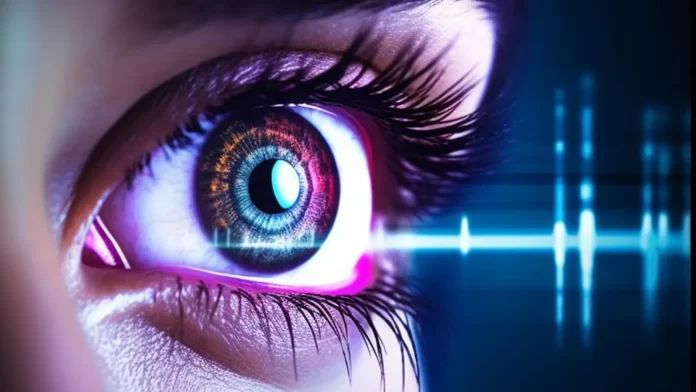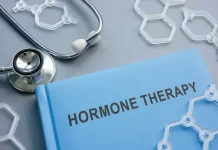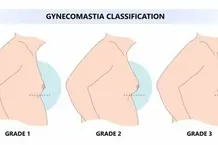Understanding Macular Degeneration
Macular degeneration is a progressive eye disease affecting the macula, a small area near the center of the retina responsible for sharp, central vision. There are two main types of macular degeneration: dry (atrophic) and wet (exudative). While various risk factors contribute to its development, including age, genetics, and environmental factors, the need for advanced treatments has become paramount.
Current Challenges in Macular Degeneration Treatments
Traditional treatments for macular degeneration, such as anti-VEGF injections and laser therapy, aim to slow down disease progression but may not provide a complete cure. Additionally, these treatments often have limitations and can be burdensome for patients due to the need for frequent injections.
The Promise of Stem Cell Therapy
Stem cell therapy holds immense promise in revolutionizing the treatment landscape for macular degeneration. Stem cells possess the unique ability to differentiate into various cell types, making them ideal for repairing damaged tissues and regenerating cells within the eye.
- Types of Stem Cells Used in Research: Researchers are exploring different types of stem cells, including embryonic stem cells, induced pluripotent stem cells (iPSCs), and adult stem cells. Each type has its advantages and challenges, and ongoing studies aim to determine the most effective source for generating retinal cells.
- Differentiation into Retinal Cells: One of the key challenges in stem cell research for macular degeneration is guiding stem cells to differentiate into retinal cells that can replace damaged ones. Scientists are developing sophisticated techniques to ensure that transplanted cells integrate seamlessly into the retina and restore normal visual function.
- Clinical Trials and Results: Several clinical trials are underway to evaluate the safety and efficacy of stem cell therapies for macular degeneration. Early results from some trials show promising outcomes, with improvements in visual acuity observed in some patients. However, further research is needed to establish the long-term effectiveness and safety of these treatments.
- Addressing Immune Response: The immune response to transplanted stem cells is a critical consideration in developing effective therapies. Researchers are investigating ways to modulate the immune system to prevent rejection of transplanted cells and ensure sustained therapeutic effects.
Conclusion
Stem cell research represents a groundbreaking frontier in the quest for innovative therapies for macular degeneration. As scientists continue to make strides in understanding the potential of stem cells, there is hope that these therapies could provide a more comprehensive and lasting solution for individuals grappling with vision loss due to macular degeneration. Ongoing clinical trials and advancements in stem cell technology are paving the way for a future where personalized, effective treatments for macular degeneration become a reality.










